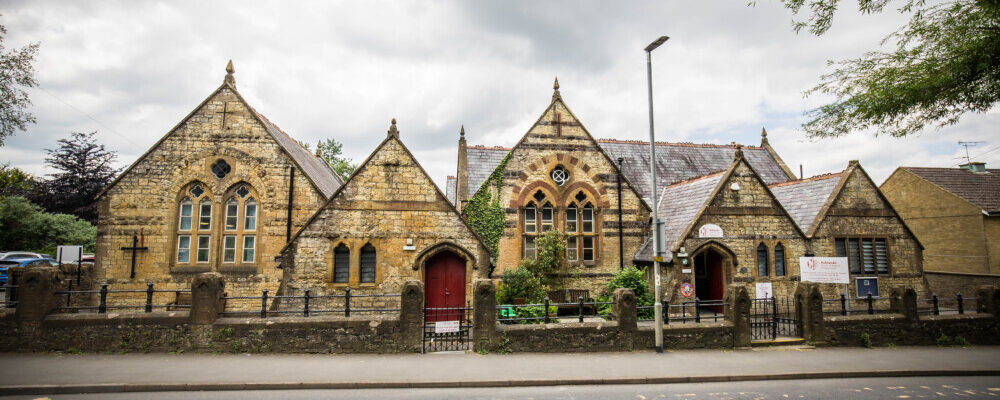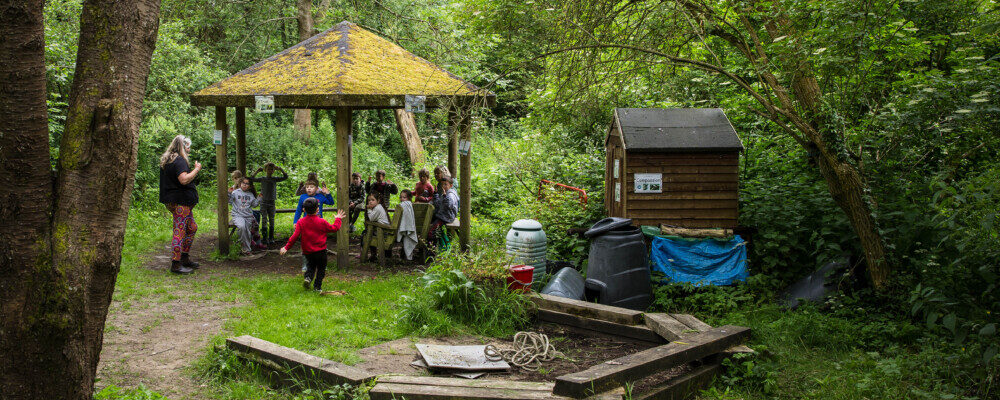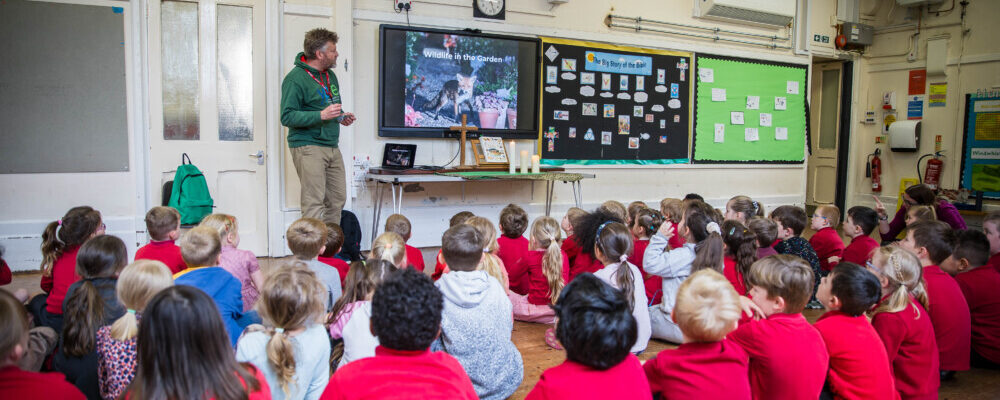Computing
INTENT
Through our computing curriculum, we aspire to give our children essential life skills that enable them to confidently use a range of technology effectively in a socially responsible and safe way.
We understand that technology is int
egrated into everyday life, therefore, we aim for students to show resilience, be able to problem solve and demonstrate
critical thinking skills that will allow them to interact with technology that is rapidly changing and developing.
Rooted in a sense of spirituality, we encourage children to reflect and feel a sense of ethical responsibility as an individual in a wider global community, recognising their connection to others and the wider world.
IMPLEMENTATION
At Ashlands, we ensure the objectives of the National Curriculum are achieved through the delivery of a broad and balanced curriculum. As a school, we use the NCCE’s framework from Teach Computing to ensure progression of substantive knowledge for each year group building on previous years.
Topics in computing, are ta
ught in curriculum blocks across the year with high focus on online safety at the start of each half term. To teach Online Safety
, teachers use planning from Somerset Elim’s Activbytes scheme.
In Computing, we aim to develop age-appropriate computing vocabulary and skills to communicate and problem solve effectively. These disciplinary skills are important to develop in a world where technology is becoming increasingly important in everyday life.
When appropriate, Staff will embed Computing across the curriculum and link with other subjects. For example, using technology to research information a
bout the classes’ current topic will teach safe searching and checking the validity of information online. When presenting information, they may choose to use technology to present this information in a creative way, this could be creating a PowerPoint, e-book or using Microsoft Word to write up a report.
IMPACT
Through the computing curriculum
we aim for students to be competent and safe users of technology with an understanding of how technology works. We hope they will be able to express themselves and be creative using technology as part of their lives.
During the year, we actively take part in campaigns to help understand the positives of using the technology in our lives but also to support and educate on the importance of online safety. Each year children take part in activities for Anti-Bullying week in the Autumn term and Safer internet day held during the Spring term.
Mental health and wellbeing is also an important part of the curriculum. Staff aim to help students to find the right balance with technology leading to a healthy lifestyle. In computing lessons, students are expected to get up and move after sitting for half an hour- modelling the need to move about if sat using technology for an extended period of time. Modelling this good practise in school allows children to continue this practise and then share this practise at home.
Foundation Stage:
During the Foundation Stage children are learning and discovering about the world around them. They need to understand that they live in a technological diverse world and make sense of it as a part of their lives.
A range of Technology is available in the classrooms for children to explore independently and with an adult. Children are encouraged to use technology for a purpose- to listen to music, take photos, research an idea or subject of interest, take part in games and activities linked to their learning. Technology is also available for children to explore in the role play area to interact with.
The 2014 National Curriculum for Computing aims to ensure that all children:
- Can understand and apply the fundamental principles and concepts of computer science.
- Can analyse problems in computational terms and have experience of writing computer programs in order to solve problems.
- Can evaluate and apply information technology to solve problems.
- Are responsible, competent, confidence and creative users of information and communication technology.








